Network operators are responsible for accurate subscriber information.
On the morning of November 24, with 468/472 delegates in favor, the National Assembly officially passed the Law on Telecommunications (amended). The law consists of 10 chapters and 73 articles.
Responding to VietNamNet , a representative of the Telecommunications Department said that the Law on Telecommunications (amended) has fully institutionalized, in accordance with the Party's policy on developing a market economy with State regulation in telecommunications activities, developing telecommunications infrastructure and other infrastructures to create a foundation for the development of the digital economy and digital society.
The provisions of the Law will ensure the synchronous and sustainable development of the telecommunications industry, meeting the requirements of socio-economic development, security and national defense of the country; at the same time, promote fair and equal competition, create conditions for telecommunications enterprises to develop; protect the rights of telecommunications service users and ensure the safety and security of telecommunications networks in the coming time.
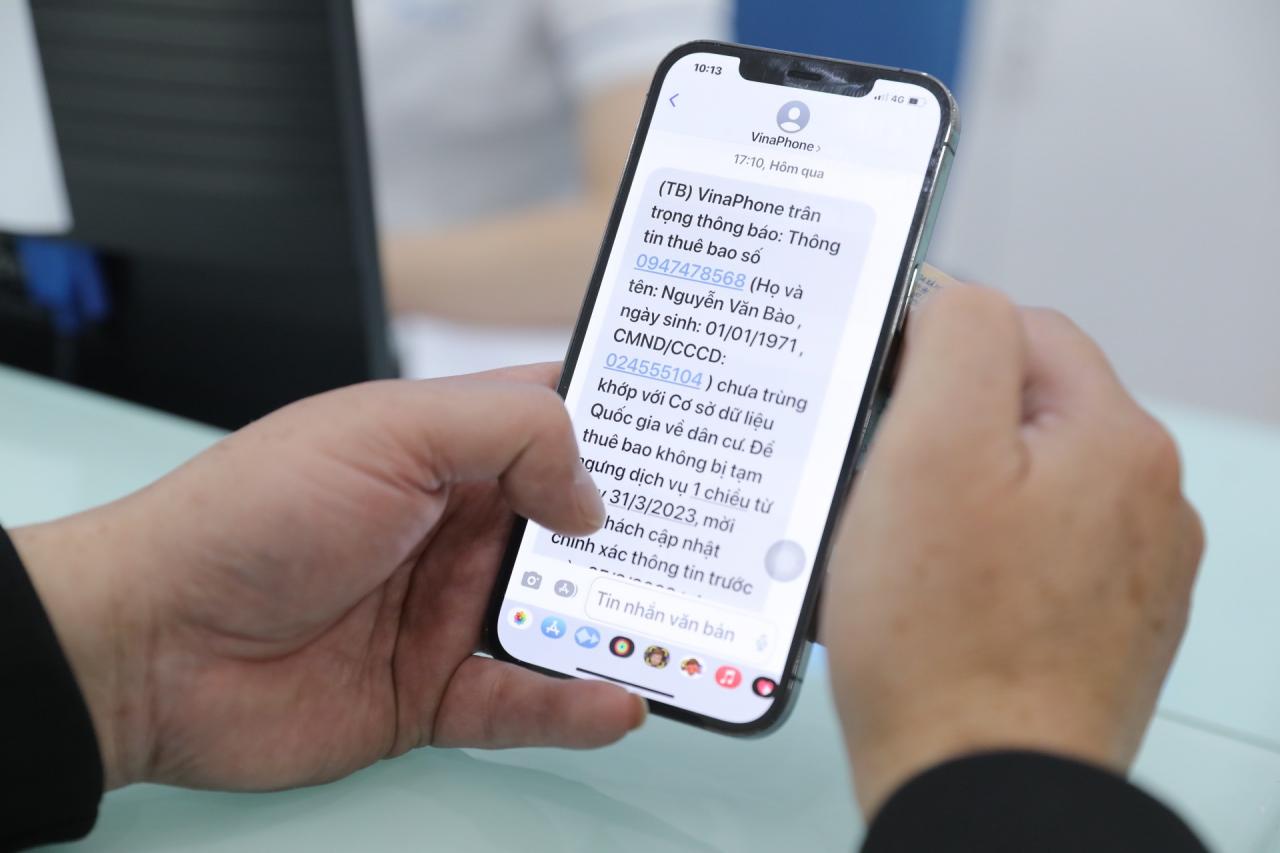
A representative of the Telecommunications Department said that some new points of the revised Telecommunications Law compared to the 2009 Telecommunications Law include provisions to overcome shortcomings in the implementation of the 2009 Telecommunications Law such as: simplifying the form and conditions for granting telecommunications licenses; perfecting regulations on telecommunications account SIMs; creating conditions for construction and installation on public land areas, public headquarters, public works; preventing junk SIMs, junk calls, and junk messages.
In addition, this Law also promotes the sharing and common use of passive telecommunications infrastructure among telecommunications enterprises and the sharing of telecommunications infrastructure with technical infrastructure; perfects regulations on the construction and installation of telecommunications infrastructure in apartment buildings, public works, functional areas, and industrial clusters.
The revised Law on Telecommunications also completes regulations on auctioning codes, telecommunication numbers, Internet domain names and overcomes shortcomings, improving the efficiency of providing public telecommunication services.
“The revised Telecommunications Law has added regulations on management of new services, basic telecommunications services on the Internet, data centers and cloud computing to suit the context of strong digital transformation with the convergence trend between telecommunications and information technology; added regulations on management of wholesale activities in telecommunications.
In general, the revised Telecommunications Law is expected to meet the development requirements of the telecommunications industry in the context of national digital transformation and international integration, while contributing to improving the quality of telecommunications services, protecting the rights of users and resolving hot issues in the telecommunications sector," said a representative of the Telecommunications Department.
Will solve the problem of junk SIM cards and personal data leakage
Two issues that many people are interested in when the National Assembly passes the revised Telecommunications Law are whether the issue of junk SIM cards and personal information leaks will be handled or not.
The representative of the Telecommunications Department affirmed that the revised Telecommunications Law has strict regulations to handle this problem.
Regarding the issue of junk SIM cards, a representative of the Telecommunications Department said that the amended Telecommunications Law has added regulations on the responsibilities of telecommunications enterprises in authenticating, storing, and using telecommunications subscriber information and handling SIM cards with incomplete or inaccurate telecommunications subscriber information; and stopping the provision of telecommunications services to telecommunications subscribers who violate telecommunications laws.
At the same time, the Law supplements regulations on the obligation of telecommunications subscribers not to use information on their identification documents to enter into contracts to provide and use telecommunications services for others, except in cases permitted by the provisions of the law on telecommunications; and must be responsible before the law for the use of telecommunications subscriber numbers for which they have entered into contracts with telecommunications enterprises.
Regarding the issue of personal information disclosure, the amended Telecommunications Law has added a clear provision that telecommunications enterprises are not allowed to disclose private information related to telecommunications service users, except in cases where telecommunications service users agree to provide information or to serve the purpose of calculating prices, making invoices, handling acts of avoiding payment of fees or when requested by competent state agencies according to relevant laws.
“With these new regulations, the revised Telecommunications Law is expected to contribute to limiting the situation of junk SIM cards, revealing personal information, and protecting the legitimate rights of telecommunications service users.
However, for the provisions of the revised Telecommunications Law to be effective, there needs to be close coordination between state management agencies, telecommunications enterprises and users," said a representative of the Telecommunications Department.
Source



![[Photo] General Secretary To Lam concludes visit to Russia, departs for Belarus](https://vphoto.vietnam.vn/thumb/1200x675/vietnam/resource/IMAGE/2025/5/11/0acf1081a95e4b1d9886c67fdafd95ed)
![[Photo] General Secretary To Lam meets and expresses gratitude to Vietnam's Belarusian friends](https://vphoto.vietnam.vn/thumb/1200x675/vietnam/resource/IMAGE/2025/5/11/c515ee2054c54a87aa8a7cb520f2fa6e)
![[Photo] General Secretary To Lam arrives in Minsk, begins state visit to Belarus](https://vphoto.vietnam.vn/thumb/1200x675/vietnam/resource/IMAGE/2025/5/11/76602f587468437f8b5b7104495f444d)




























![[Photo] National Assembly Chairman Tran Thanh Man attends the Party Congress of the Committee for Culture and Social Affairs](https://vphoto.vietnam.vn/thumb/1200x675/vietnam/resource/IMAGE/2025/5/11/f5ed02beb9404bca998a08b34ef255a6)




























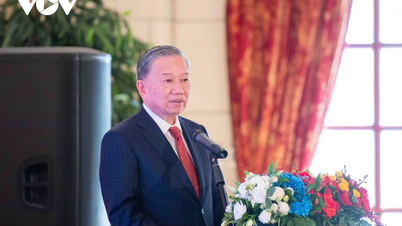


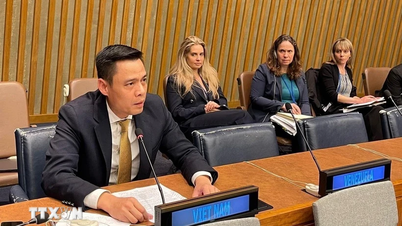

















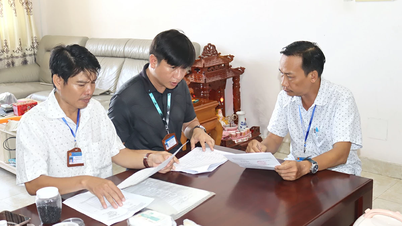
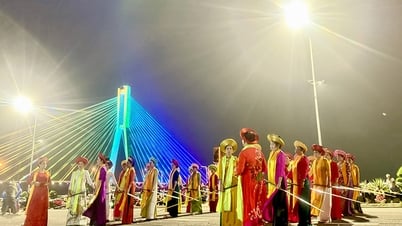











Comment (0)